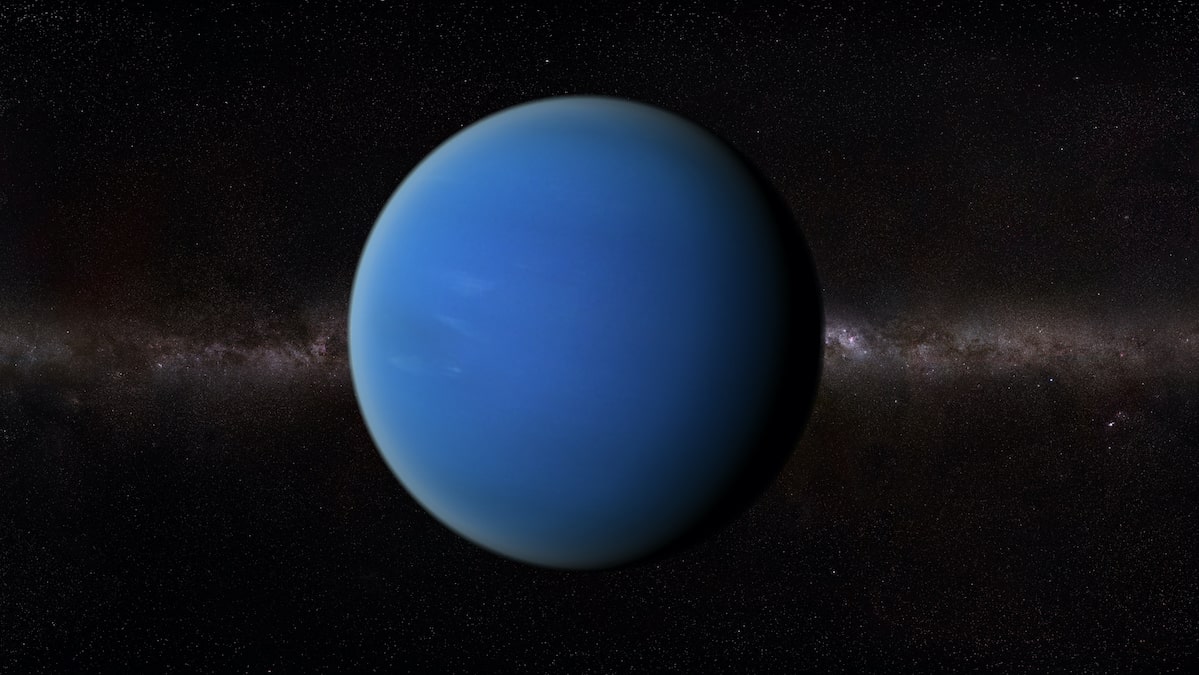
Neptune, the farthest planet in our solar system is experiencing a shift in temperature that scientists can’t explain.
Neptune and its dramatic weather change

A new study in the Planetary Science Journals reveals an unexplained shift in Neptune’s temperature. “Since we have been observing Neptune during its early southern summer, we expected temperatures to be slowly growing warmer, not colder,” stated Michael Roman. Roman is the lead author of the study and a research associate at the University of Leicester.
“Temperature variations may be related to seasonal changes in Neptune’s atmospheric chemistry, which can alter how effectively the atmosphere cools. But random variability in weather patterns or even a response to the 11-year solar activity cycle may also have an effect,” he explained. “I think Neptune is itself very intriguing to many of us because we still know so little about it. This all points towards a more complicated picture of Neptune’s atmosphere and how it changes with time” added Roman
More about the planet

Neptune is known for possessing a dynamic atmosphere. Its highest clouds evolve quickly, changing the planet’s appearance in a matter of a few days. Additionally, it has the most powerful zonal winds in our solar system. The planet is four times wider than earth with an average diameter of about 300,600 miles. It also orbits over 30 times away from the sun compared to the earth. Hence needs about 165 Earth years for a single orbit around the Sun.
Seasons on the farthest planet of our solar system last as long as 40 years. Hence, it should be spared from a sudden change in the climate. However, the planet is cooling since the start of its austral summer that started 17 years ago. “Our data cover less than half of a Neptune season, so no one was expecting to see large and rapid changes,” stated Glenn Orton. Orton is the co-author of the study. Additionally, Orton is a senior research scientist at NASA Jet Propulsion Laboratory.






